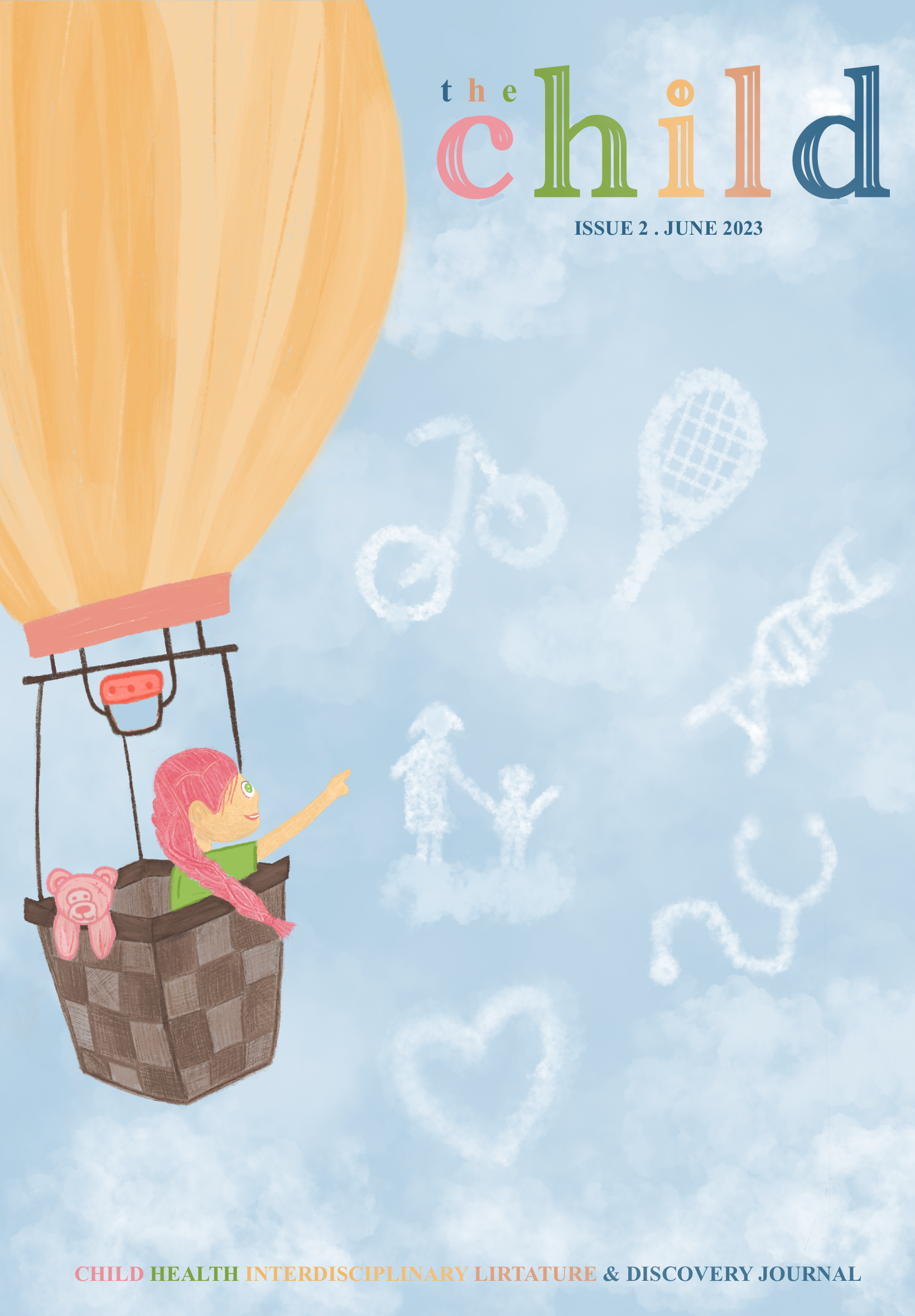Juvenile Idiopathic Arthritis (JIA) Transitional Care Systems Require Revision to Improve Patient Outcomes: Opinion Review
DOI:
https://doi.org/10.15173/child.v2i1.3520Abstract
Juvenile Idiopathic Arthritis (JIA), encompassing a class of arthritis for which there is no known origin, is the most common chronic inflammatory rheumatic condition arising during childhood. It is associated with a diverse host of complications resulting from immune and growth dysregulation characteristic of JIA pathogenesis. Past evidence has shown that care of JIA patients as they transition into adulthood — whether it be psychological, rheumatological, etc. — has been significantly and systemically overlooked. Patients have reported feeling increasingly overwhelmed, unprepared, and dismissed during this time of care. Therefore, improving pediatric patients’ experiences, as they navigate transition readiness into the adult healthcare system is a prevalent issue. This report aims to provide evidence on JIA-specific institutional barriers to a successful transitional care experience into adulthood in multiple comparator jurisdictions. This investigation, which analyzed both qualitative and quantitative evidence, revealed that major obstructions to constructive transitional care experiences include: flaws in JIA classification and diagnosis, lack of critical skill building pre-transition, insufficient patient education on their condition, and absence of adult healthcare provider support post-transition. Despite major limitations existing within transitional care provision, there are a variety of successful frameworks that warrant more attention and analysis. Consequently, future directions should focus on these effective models for guidance in order to improve transitional care resources and services, and better support JIA patients.

